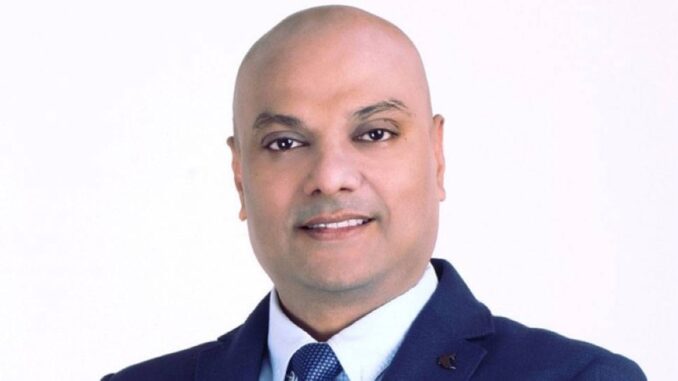
FLEET Management Ltd. marked its 30th anniversary in a conference and celebration that commemorated a journey of organic growth, sustained vessel safety and innovation.
Fleet is the world’s second-largest ship management company, managing more than 650 vessels including bulk carriers, containers, car carriers, oil tankers, gas carriers and chemical tankers from 600 to 320,000 DWT in size. Many of these vessels are young and energy-efficient with an age profile below the industry average.
“Our 30-year anniversary is a momentous milestone. We have grown into one of the world’s largest ship management companies through organic growth, rather than acquisition. This distinguishes us from many companies and underpins our proud Fleet culture,” said Capt. Abhishek Sinha, owner’s representative and training director of Fleet.
Fleet grew to an annualized rate of 6 percent over the past decade, expanding its client base to over 120 first-class shipowners.
“During this period, we’ve opened new offices in Korea, Dubai, Sydney, Shanghai, Istanbul and Athens. One of our newest additions from a Philippines perspective is Cebu.
Additionally, we’ve relocated to larger office spaces in Hong Kong, Singapore and Mumbai to better serve our expanding operations,” Sinha added.
“From a crewing perspective, the organic rise in our Filipino seafarer numbers, and their invaluable contributions to the organization, is a clear testament to how important the Philippines is to our growth story,” he disclosed.
He furthered that the company’s seafarer base has doubled to 27,000, with Filipino seafarers making up a significant 4,000, who are serving onboard various vessel types.
Its retention rate is over 95 percent, reflecting a strong commitment to seafarers, diverse career opportunities, continuous professional development and an emphasis on vessel safety.
Over its 30-year journey, Fleet’s growth was marked by several defining moments such as managing its first ship for the Noble Group in 1995 to becoming the largest ship manager in early 2024; launching its award-winning IT platform, Paris, in 2002; introducing behavior-based safety leadership with SafeR+ in 2010; and embracing dual-fuel technology with its first methanol dual-fueled vessel in 2019 to now managing the largest dual-fuel fleet, with 23 vessels utilizing liquefied natural gas, liquefied petroleum gas and methanol.
“As leaders in ship management, we are recognized for our transparency and commitment to maximizing our customer investments,” Sinha furthered.
Anchored on safety
Fleet celebrated its 30th anniversary in time with its annual Senior Officers’ Conference in August at the Forbes Ballroom of the Conrad Hotel Manila.
The conference features a range of sessions focused mainly on safety and compliance.
“Safety was a natural choice for our conference theme because it is the primary consideration in every decision Fleet makes,” Sinha explained. “The industry’s growing recognition of the ‘human element’ in safety, exemplified by the SIRE 2.0 regime, underscores the importance of this focus.
“At Fleet, we interpret this to mean that the safety of our vessels hinges on the health and happiness of our ship staff, both as individuals and as team members,” he said.
The company’s Fleet Care in Manila ensures crew welfare through exceptional on-leave medical insurance, holistic health initiatives, connectivity with loved ones, shore leave and enhanced social activities onboard to foster a positive environment.
It also welcomes diversity of crew onboard with a commitment to a safe, respectful and equitable work environment. Last month, Fleet celebrated the promotion of Capt. Deepti Singh, the company’s first woman to achieve the rank of master mariner.
“We believe these initiatives play a crucial role in maintaining our high retention rates, reflecting our commitment to the well-being and satisfaction of our crew,” Sinha said.
This was underscored in the “Long Service” awarding ceremony that acknowledges the company’s longest-serving seafarers.
Moving forward
Fleet owes its resilience and growth on its operational efficiency, customer satisfaction and strategic partnerships.
“These have been instrumental in navigating market fluctuations. As we look ahead, we are well-positioned to capture the growing demand from seeking to streamline operations and embrace sustainability.
“Through comprehensive training programs, developed both in-house and in collaboration with reputable maritime institutions, we ensure our crews are well-equipped for the future.
“Technological advancements — especially in artificial intelligence, data analytics and automation — are reshaping our industry, and we are poised to leverage these innovations to enhance our services and decision-making processes,” he explained.


Be the first to comment